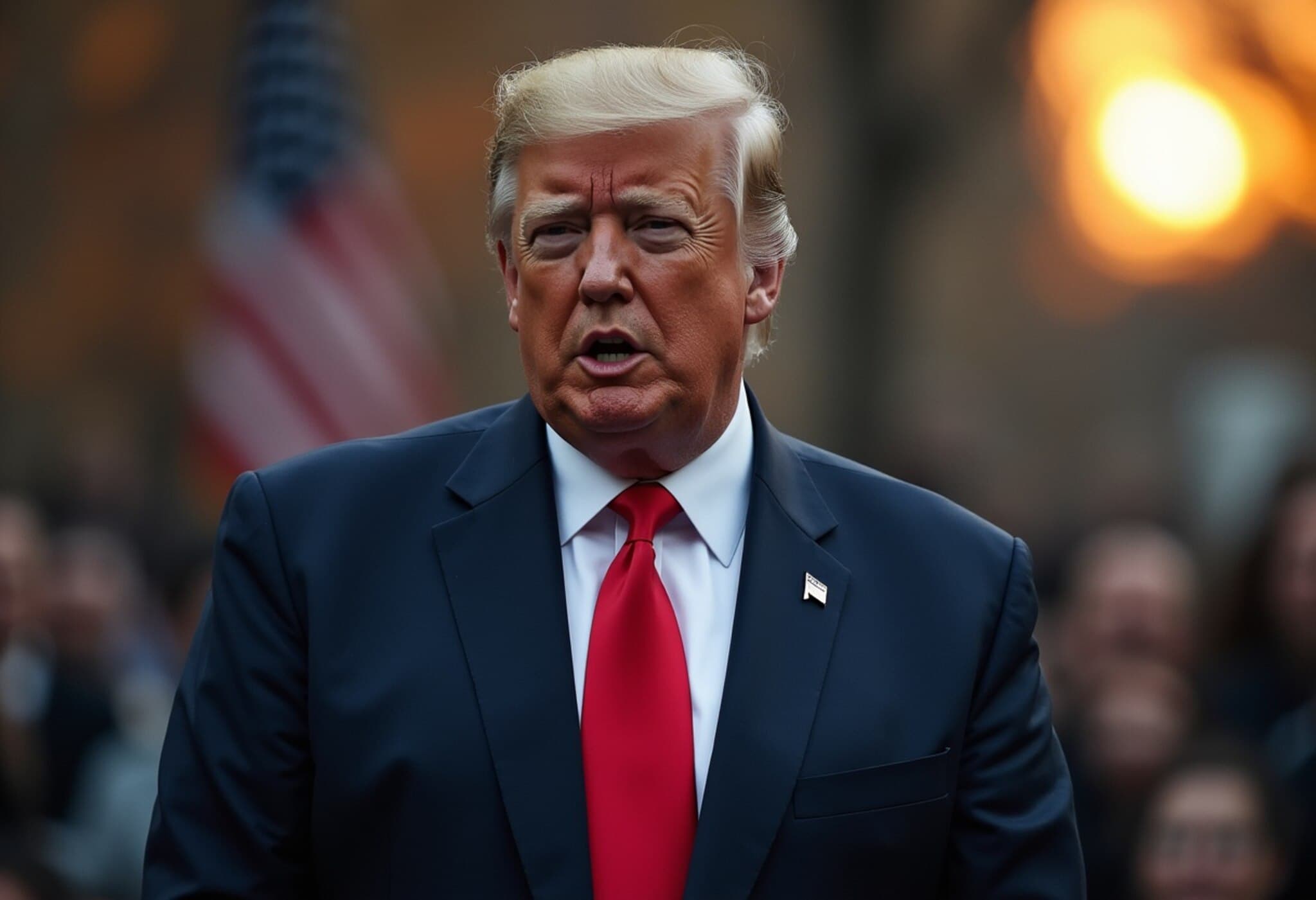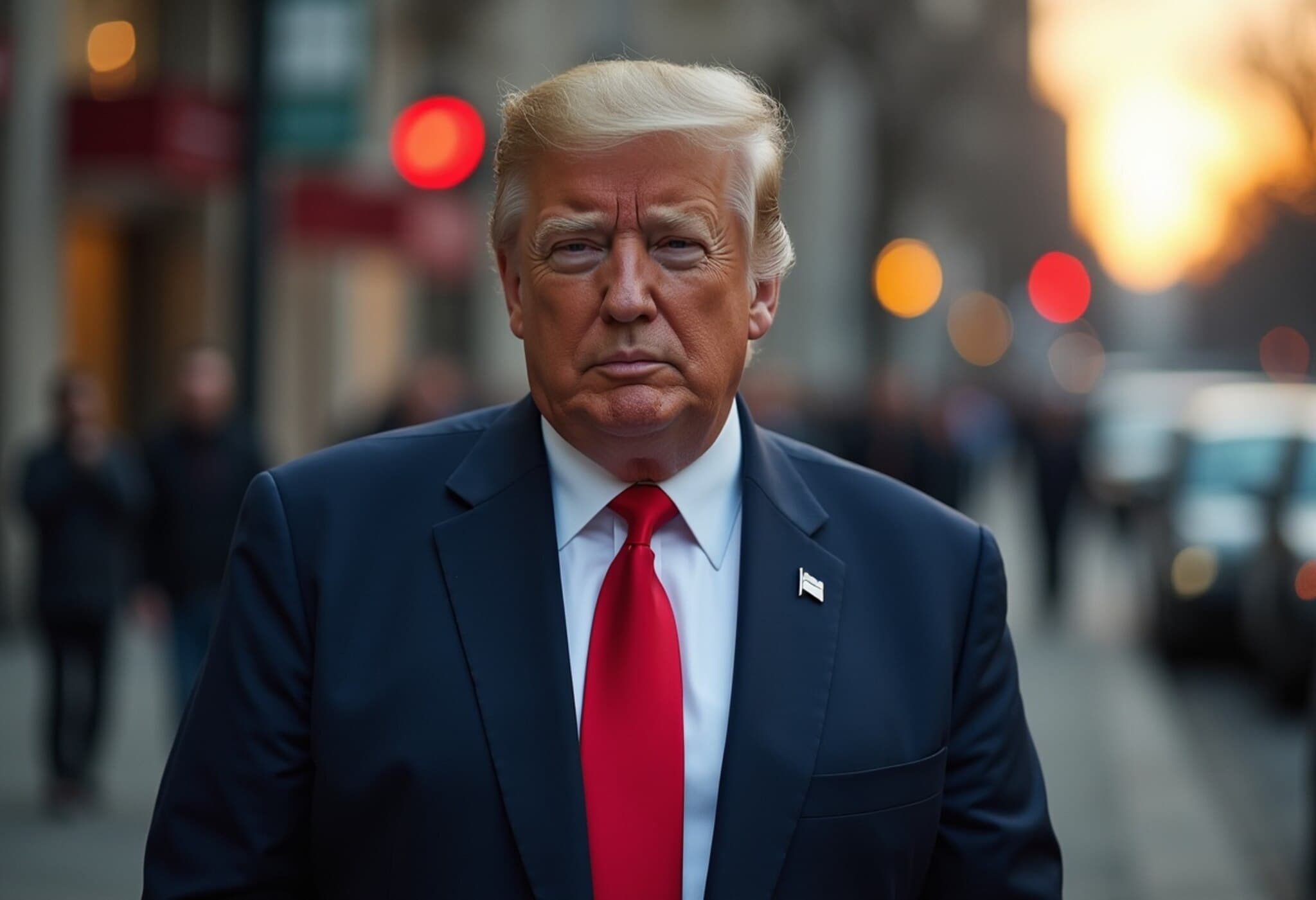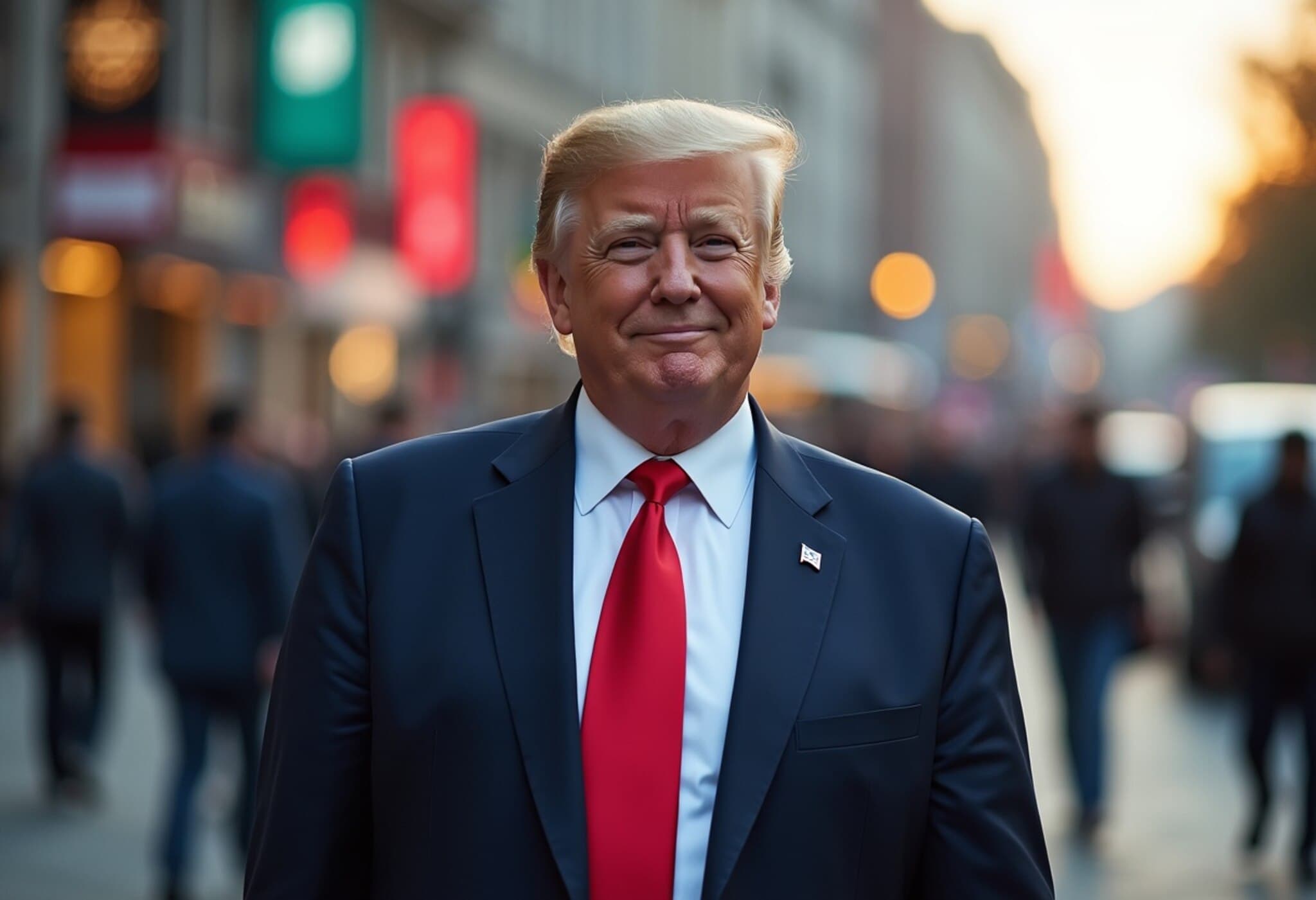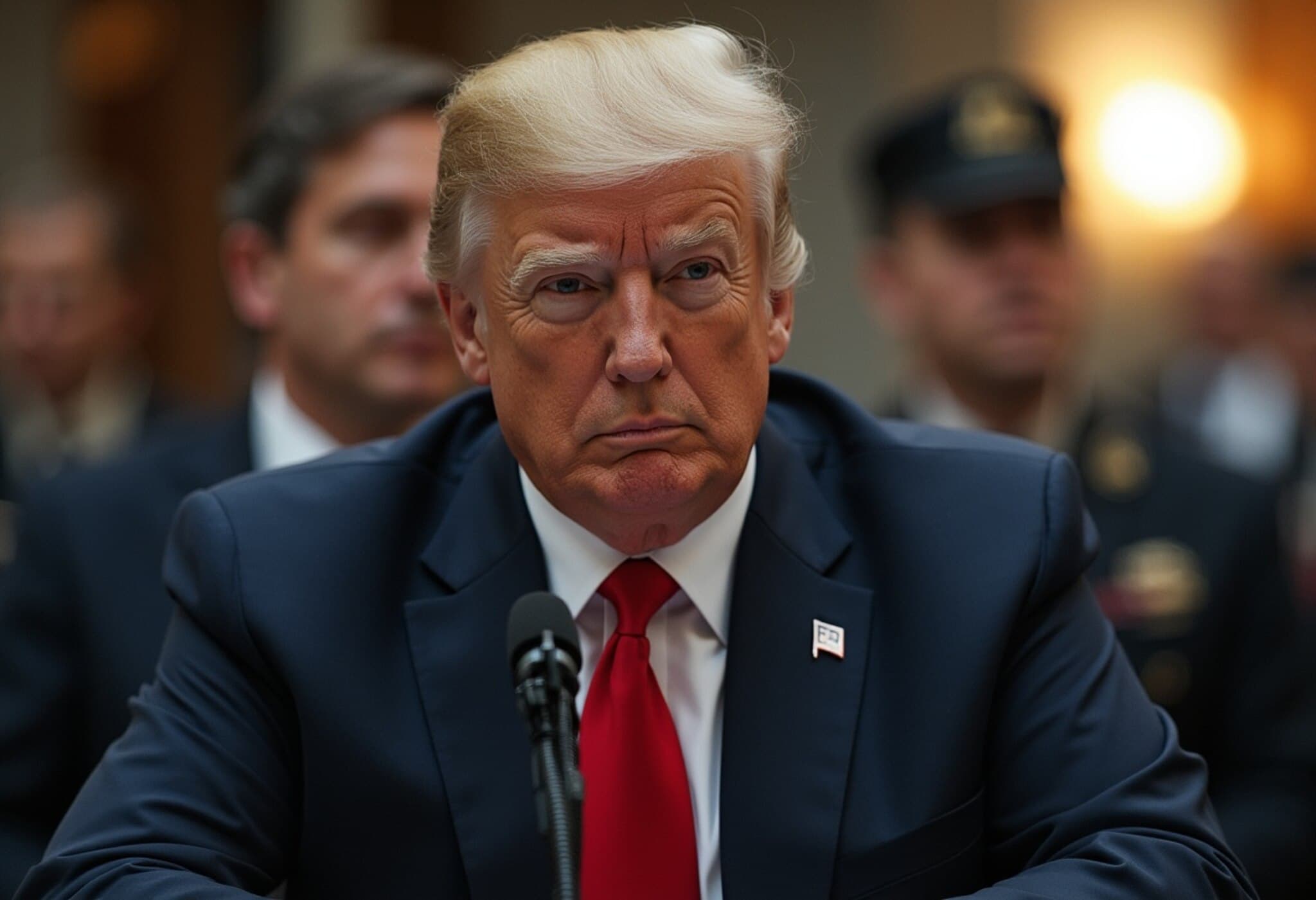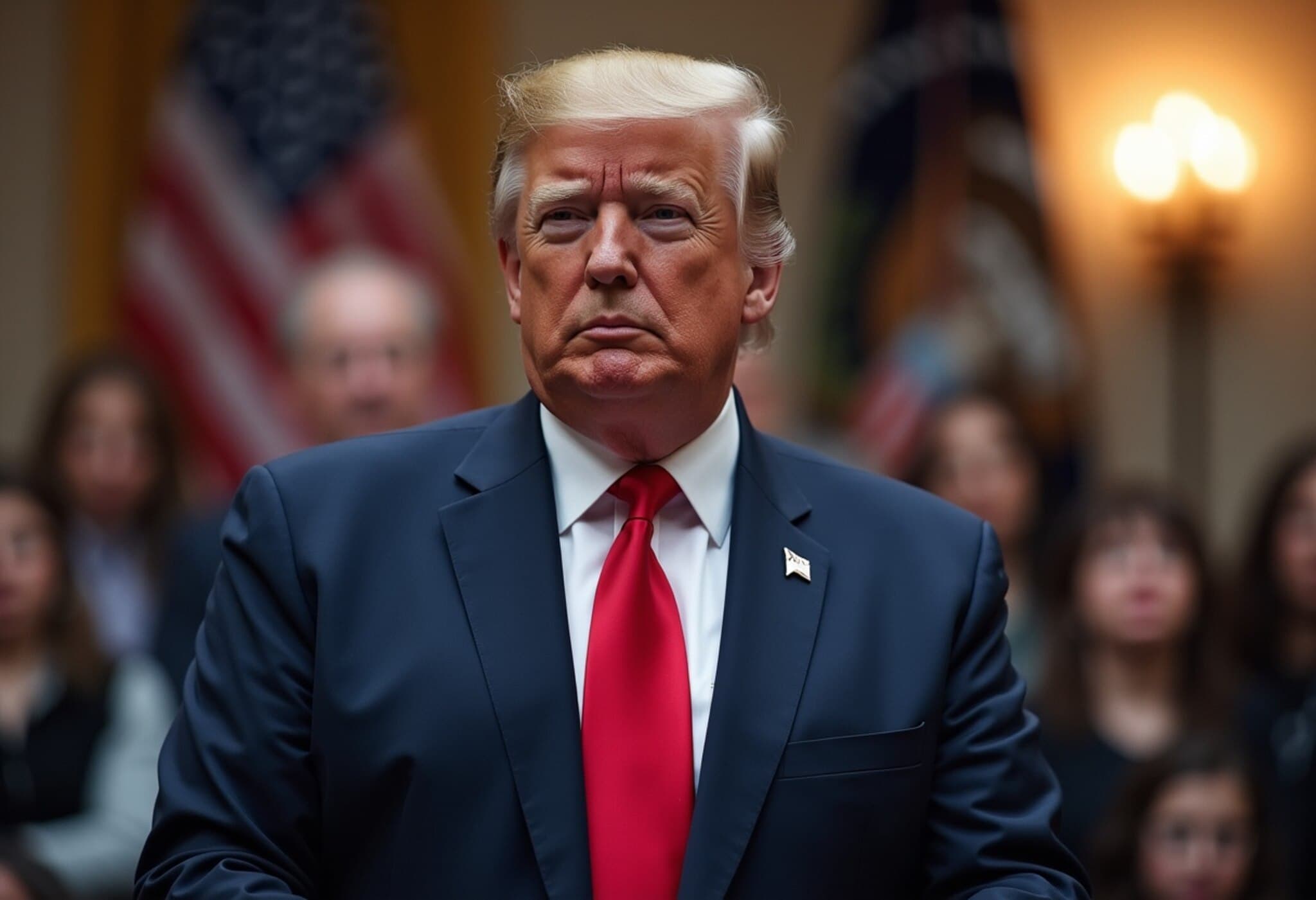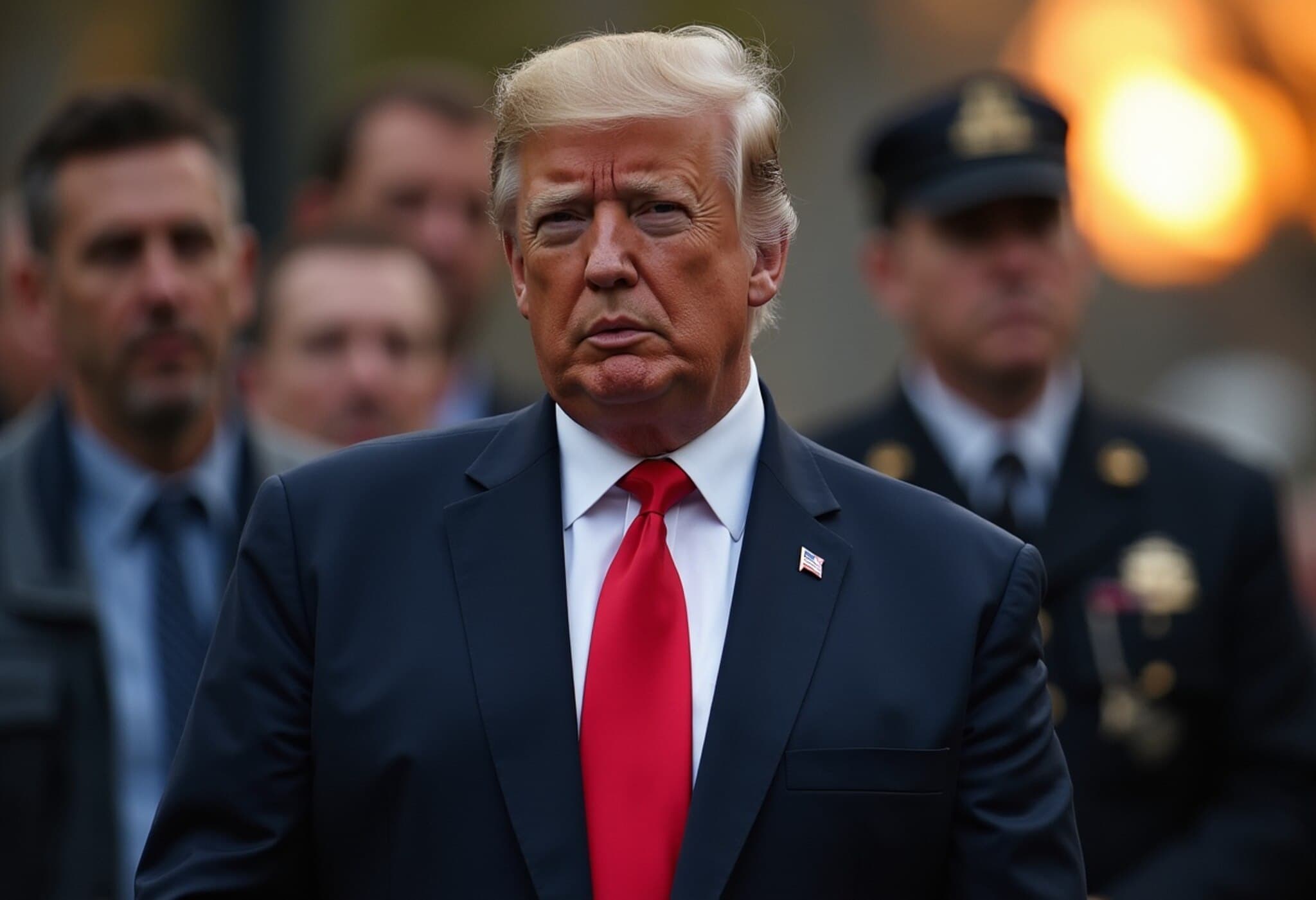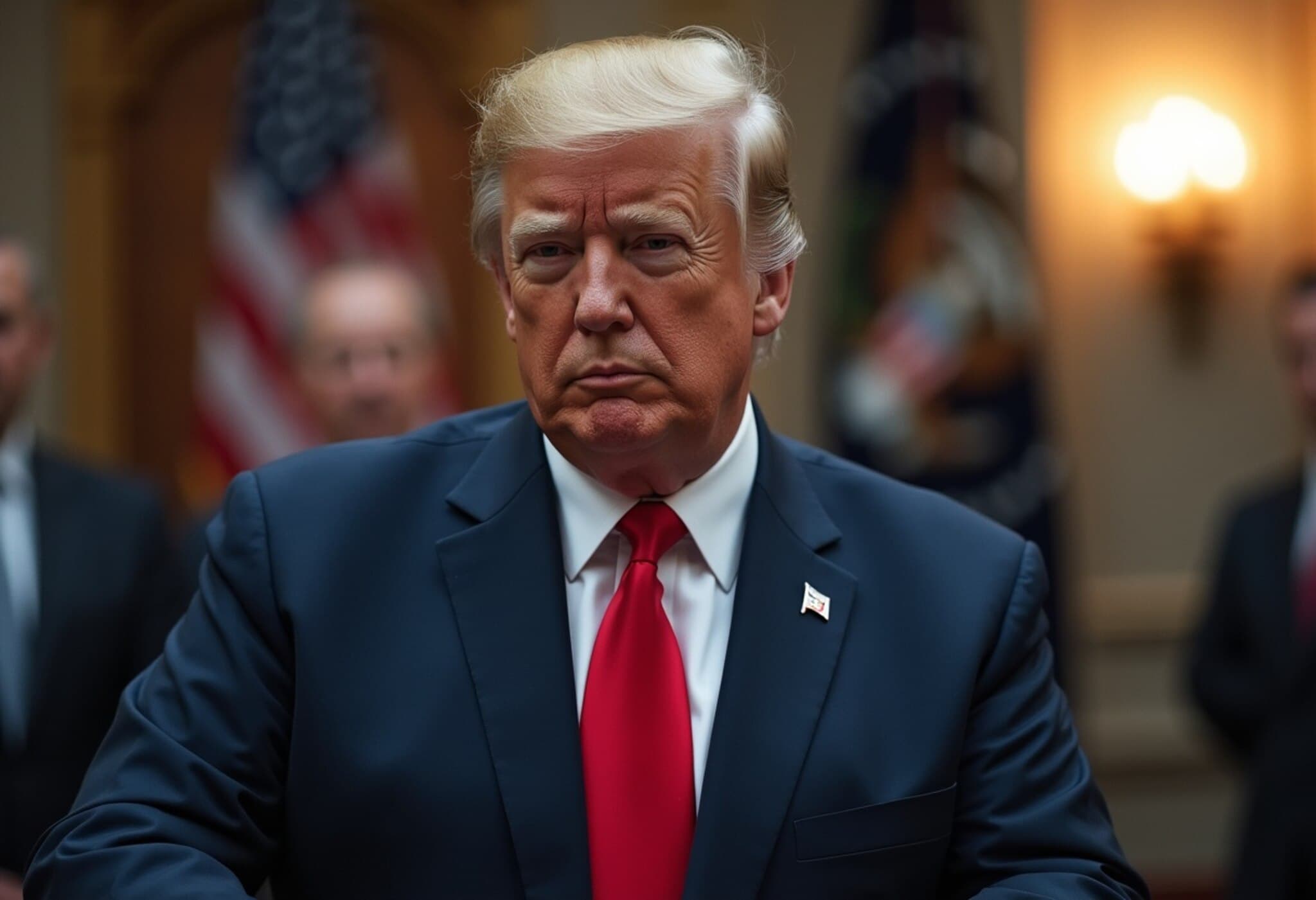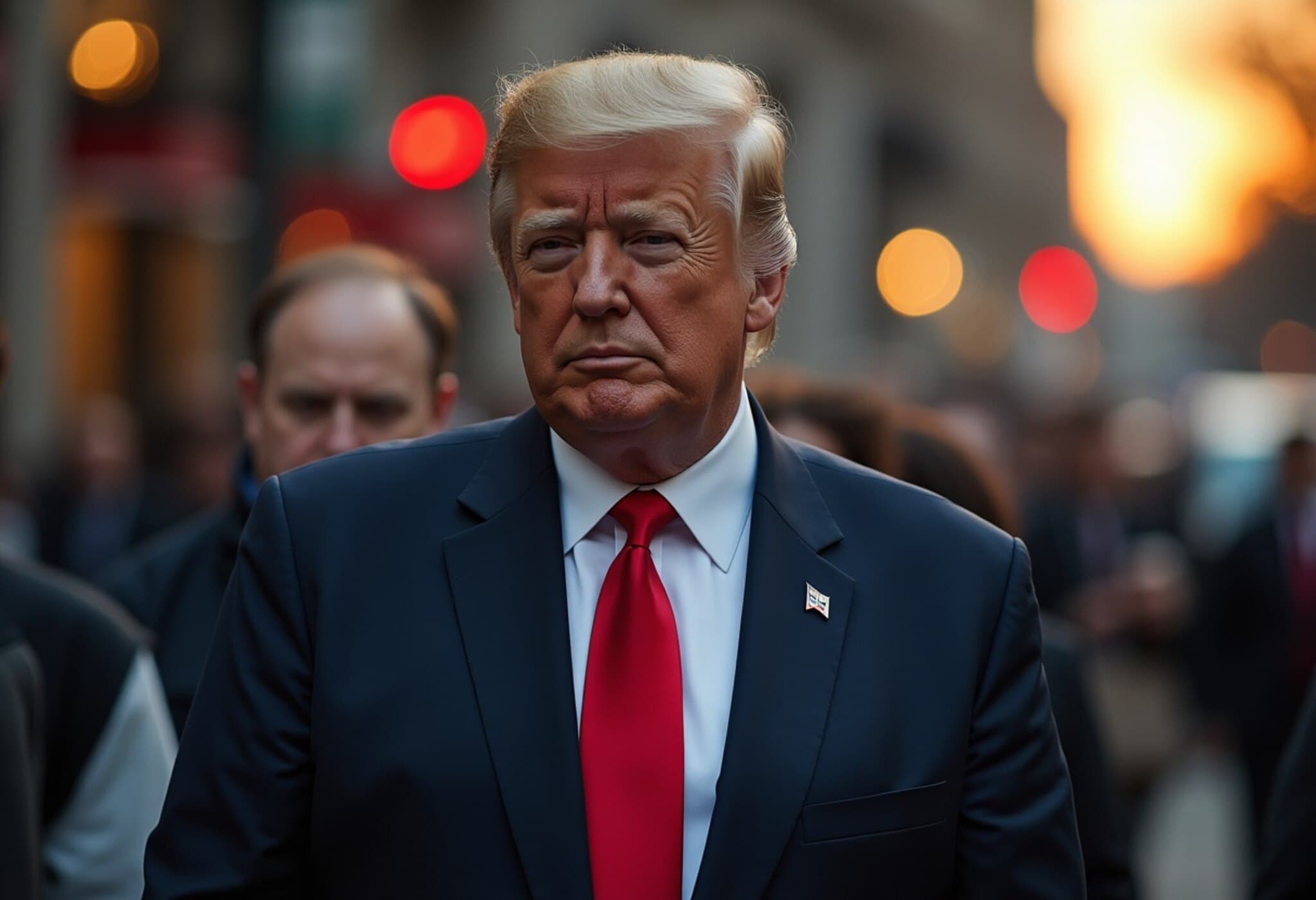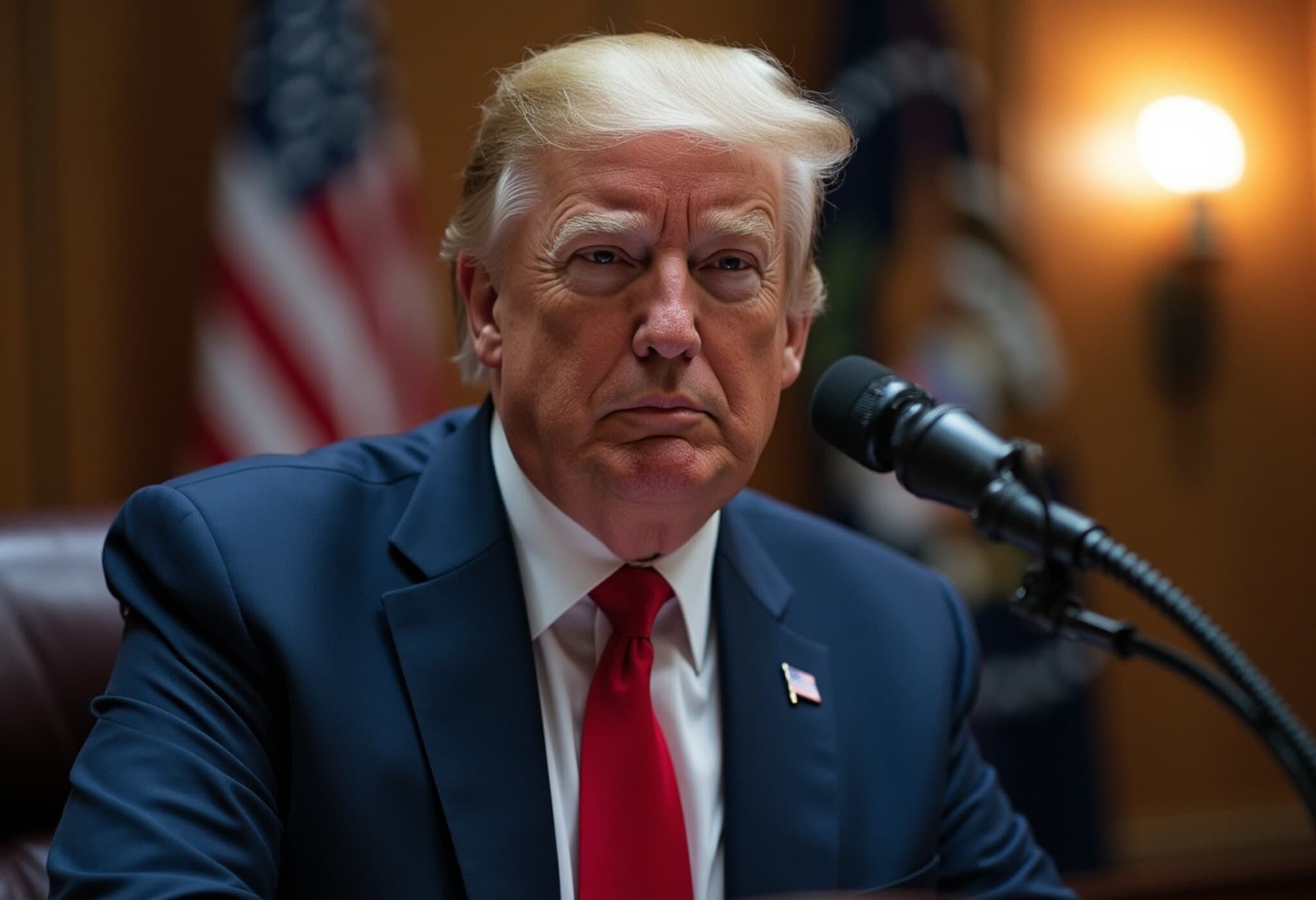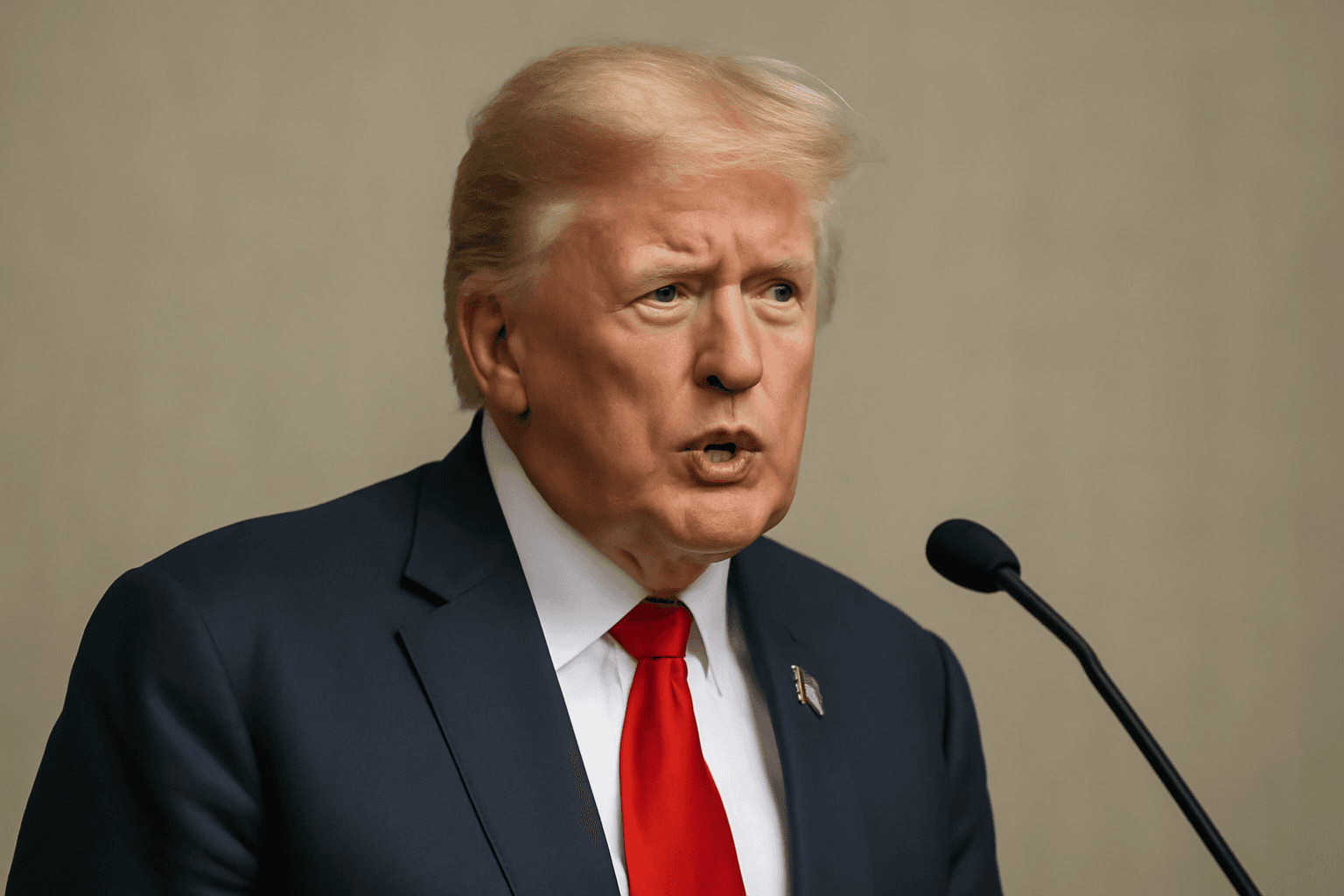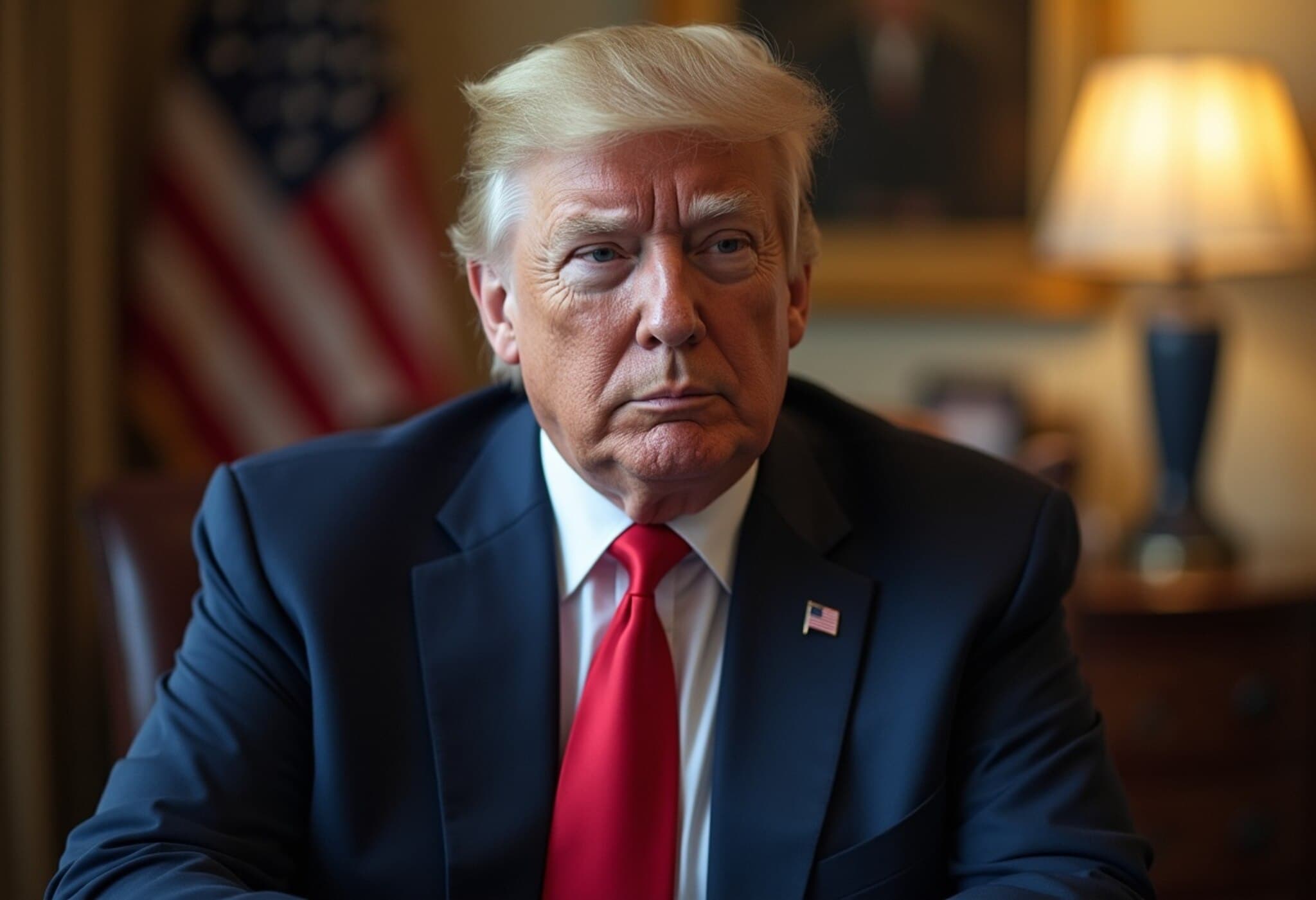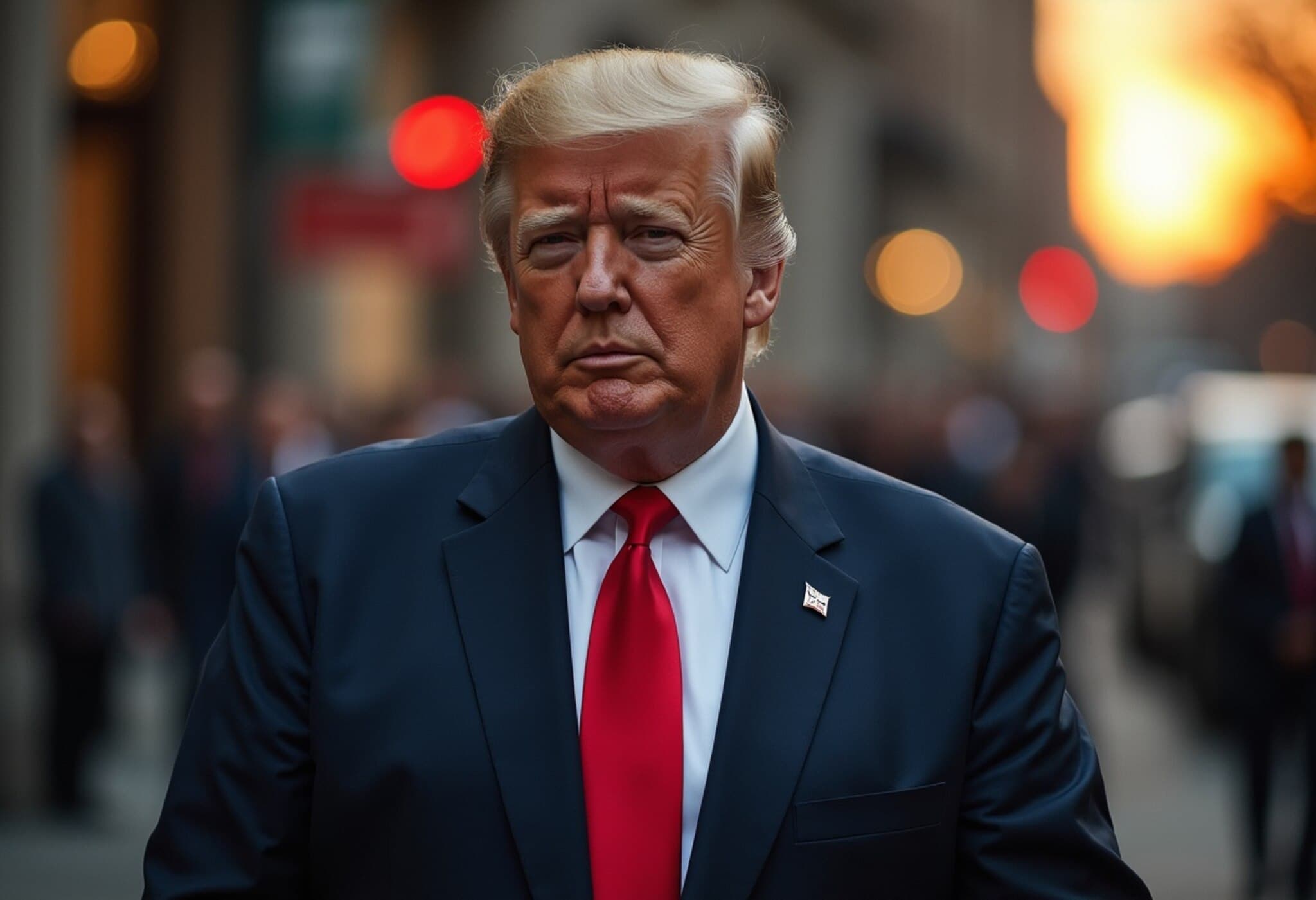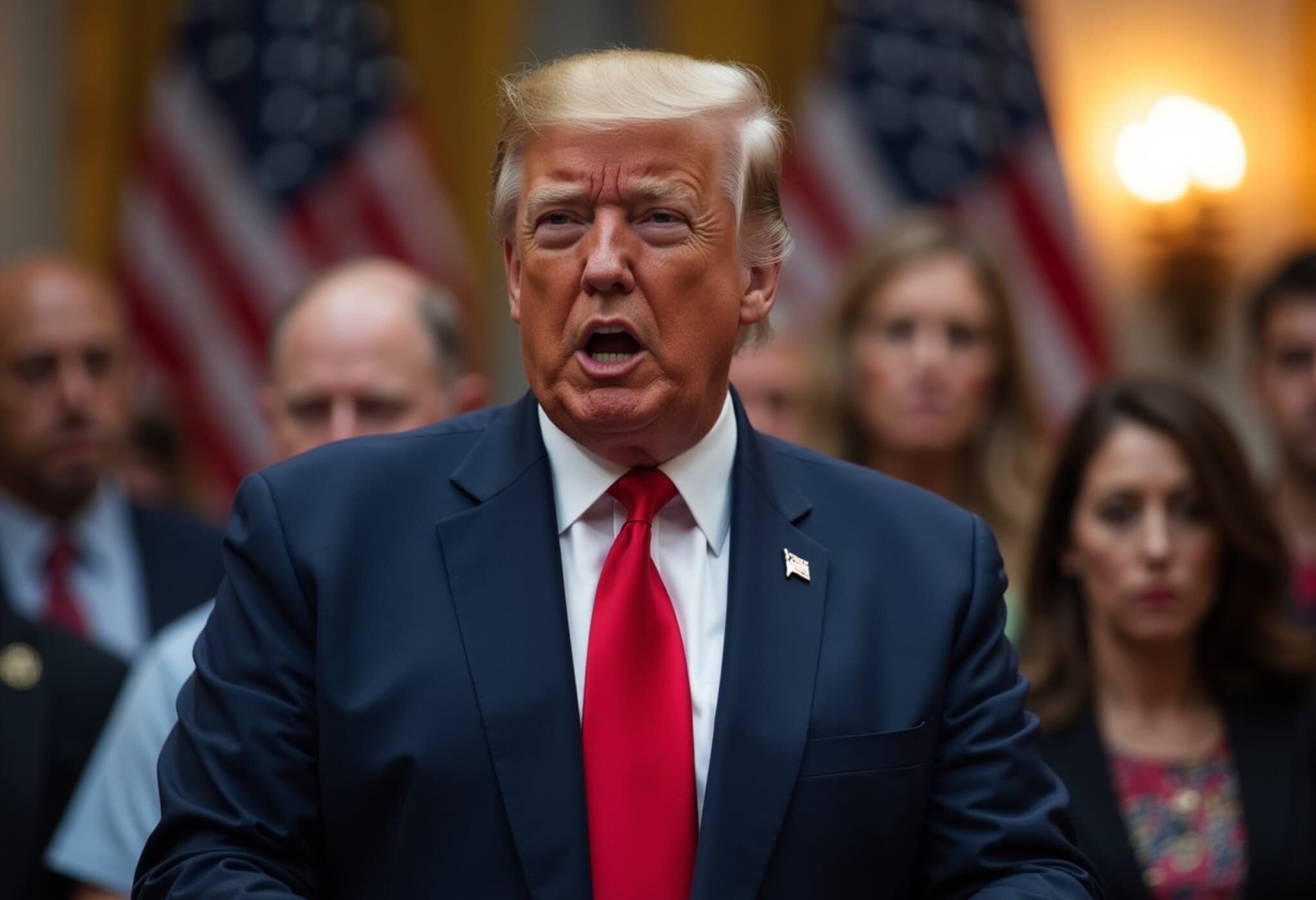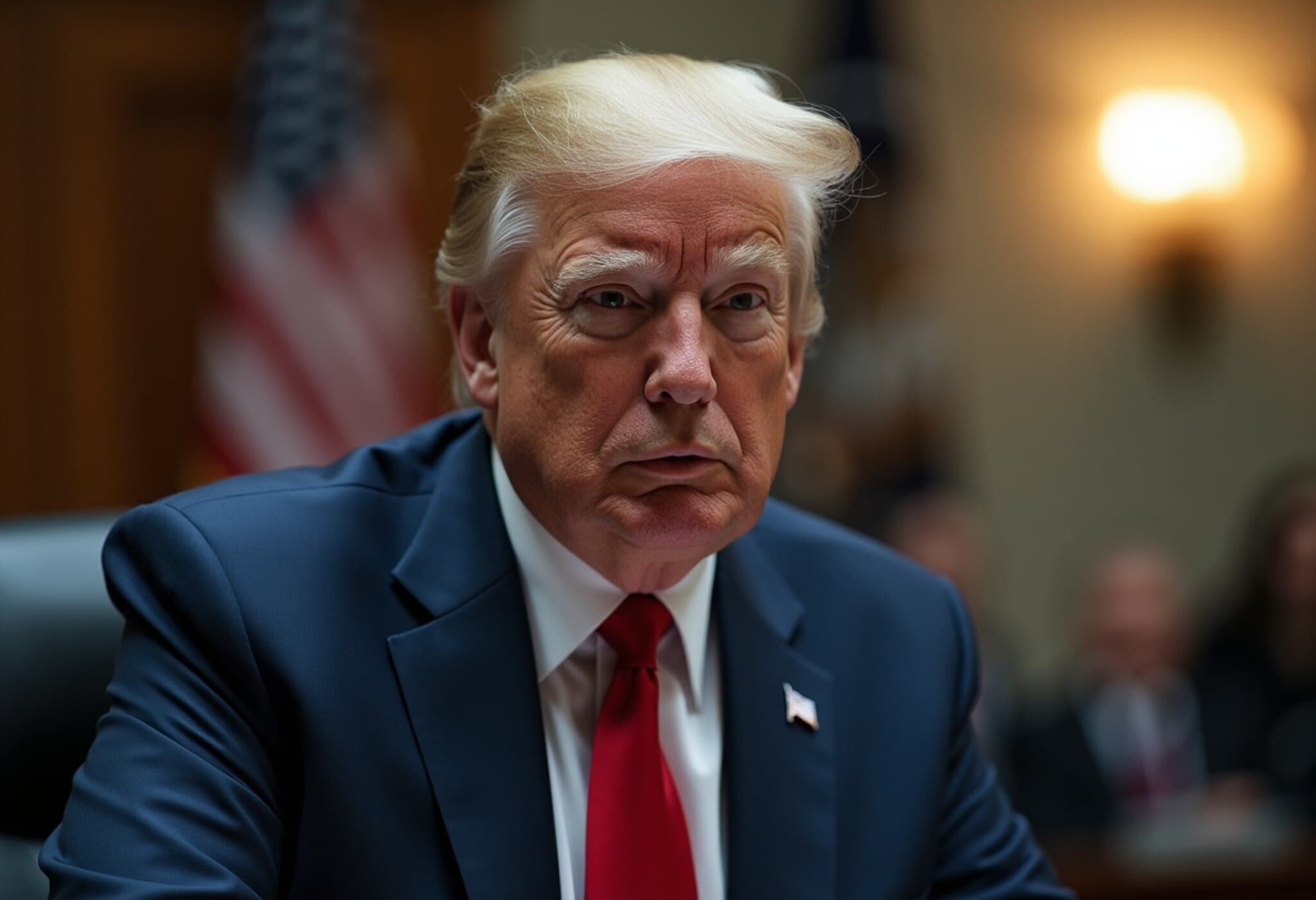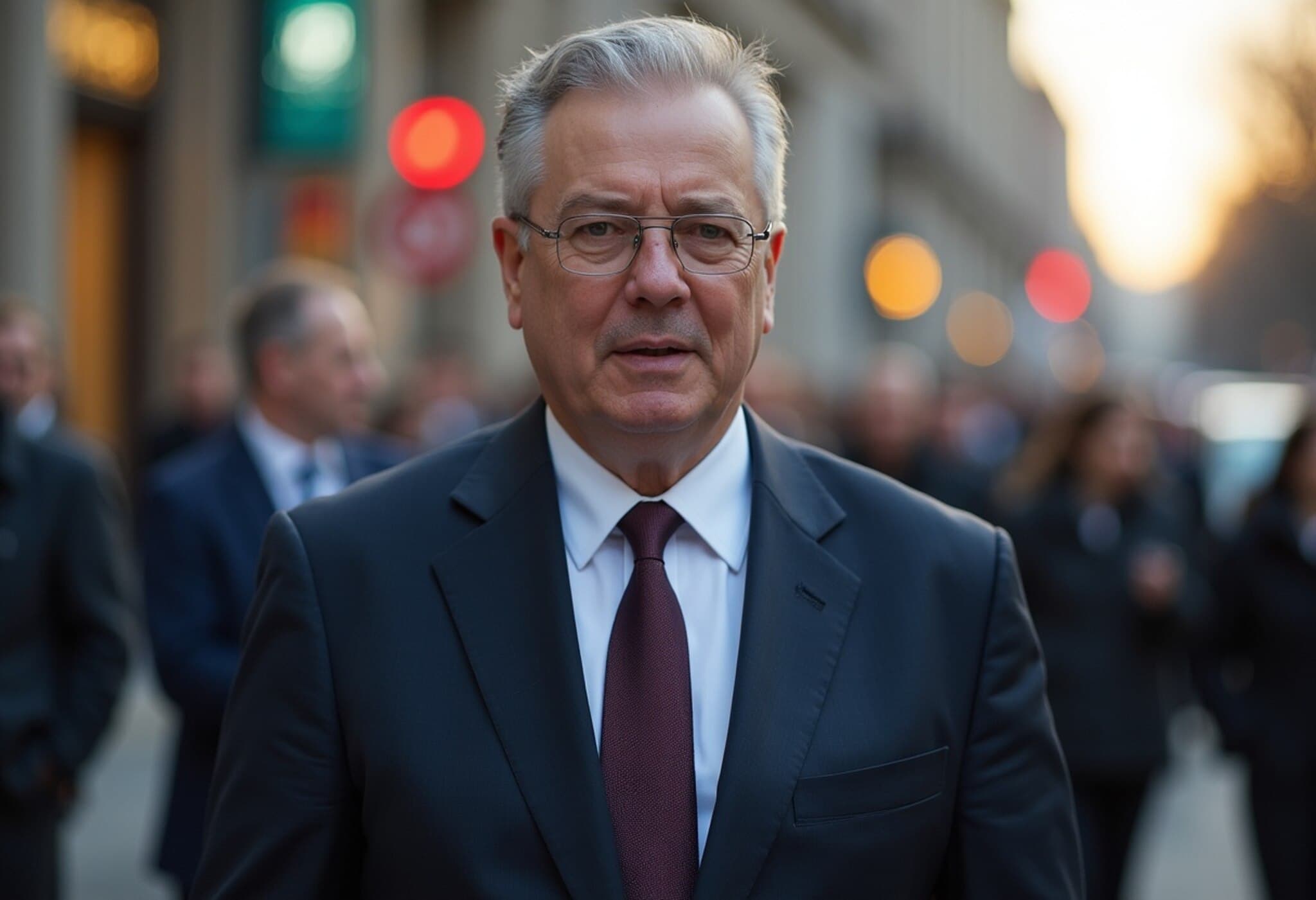From Deep State Challenger to Deep State Figure: Trump’s Complex Legacy
For years, Donald Trump positioned himself as the ultimate opponent of the so-called "deep state," a term he popularized to describe an entrenched, shadowy elite manipulating American governance and citizens’ freedoms. His promises to tear down this invisible bureaucracy and champion transparency energized a fervent base within the Make America Great Again (MAGA) movement.
Yet, five years into the 2020s, that narrative appears increasingly ironical. Many MAGA supporters are now grappling with the reality that the very man who vowed to dismantle the deep state seems to have become an embodiment of it.
The Guardian of Secrets and Weaponizer of Power
Under Trump’s leadership, federal agencies like Immigration and Customs Enforcement expanded their reach, deploying aggressive tactics that often drew sharp criticisms for infringing on civil liberties. His allies in Congress empowered figures like Stephen Miller to build operations with sweeping authority over immigration enforcement, fueling fears of government overreach.
At the same time, Trump’s administration frequently leveraged its immense institutional power to target perceived political enemies, rather than foster transparency. Investigative journalists found themselves sidelined in favor of compliant, partisan media outlets that echoed official narratives.
Disillusionment Within MAGA Ranks
Perhaps the most jarring breach of trust emerged around Trump’s tangled connection to Jeffrey Epstein, the disgraced financier whose exploitative crimes shook the nation. Opponents and supporters alike expected Trump to champion victims and expose corrupt elites linked to Epstein, but instead, many felt he shielded information and deflected scrutiny.
Trump biographer Tim O’Brien remarked, “The man who once condemned secretive elites now claims there’s ‘nothing to hide’—and his followers are left conflicted, seeing in him the very shadowy establishment he promised to uproot.”
The Epstein Controversy: A Litmus Test for Loyalty
The Epstein saga has tested the limits of Trump's MAGA coalition. Despite historical associations—Trump publicly acknowledging Epstein’s preference for younger women as early as 2002—and recent revelations involving intimations of secrecy and scandalous correspondence, Trump has dismissed the controversies as politically motivated “hoaxes.”
When pro-Trump social media supporters voiced concern about dismissing Epstein’s victims and neglecting justice, Trump publicly rebuked them, labeling these voices as “selfish,” “weaklings,” and “past supporters.” This fracture signaled a rare moment of dissonance within a movement often criticized for its unwavering loyalty.
Parallels to Pop Culture: The Rise and Fall of Charismatic Authority
Observers have drawn comparisons to Elia Kazan’s A Face in the Crowd, wherein a captivating populist figure, once a man of the people, reveals a disdainful, narcissistic core behind the public mask. Trump’s contrasting actions—professing populism while embracing establishment tactics—reflect a similar arc, raising enduring questions about power, authenticity, and accountability in American politics.
Legal Battles and Media Warfare
Fresh legal confrontations compound Trump’s complex image. His threats and subsequent lawsuit against the Wall Street Journal over alleged offensive drawings connected to Epstein underscore a defensive posture rather than transparent leadership. Smearing independent journalism as “disgusting” and “fake” further entangles Trump in the very pattern of obfuscation he once railed against.
Moreover, the contradictory statements and rapid debunking of Trump’s denials illustrate a widening credibility gap. This divergence jeopardizes public trust and complicates policy discourse amidst a fractious media landscape.
Expert Commentary: What This Means for American Democracy
From a policy and governance standpoint, Trump's evolution presents a cautionary tale of populist leadership entangled with institutional power. His tenure underscores the challenges of balancing executive authority with transparency and civil liberties—especially in an era where conspiracy theories and misinformation can distort public understanding.
Legal experts note Trump's attempts to weaponize government entities and suppress inconvenient truths reflect risks to rule of law principles, adding urgency to broader debates over accountability mechanisms within the U.S. political system.
Looking Ahead: The Deep State Narrative in 21st Century America
As MAGA loyalists and the wider electorate reckon with these developments, a pressing question emerges: Can political movements founded on anti-establishment rhetoric effectively resist becoming the new establishment themselves? The answer could redefine trust in democratic institutions and shape the next chapter of American political identity.
Editor’s Note: Navigating the Paradox of Power and Authenticity
Donald Trump’s journey from outsider crusader to a figure entwined with the deep state paradoxically illuminates the vulnerabilities inherent in charismatic populism. It highlights the perennial tension between storytelling, governance, and accountability. As voters and policymakers reflect on this trajectory, it’s critical to ask: What safeguards must be reinforced to prevent the concentration and abuse of power, regardless of who holds the presidency? How do media, law, and civil society maintain their role as watchdogs in an increasingly polarized environment? This unfolding story is not just about one man, but about the resilience of American democracy itself.

